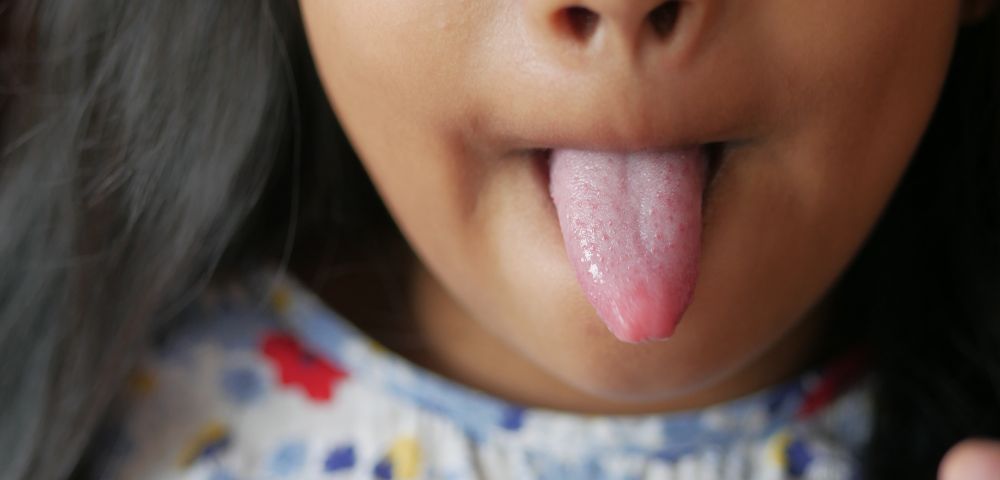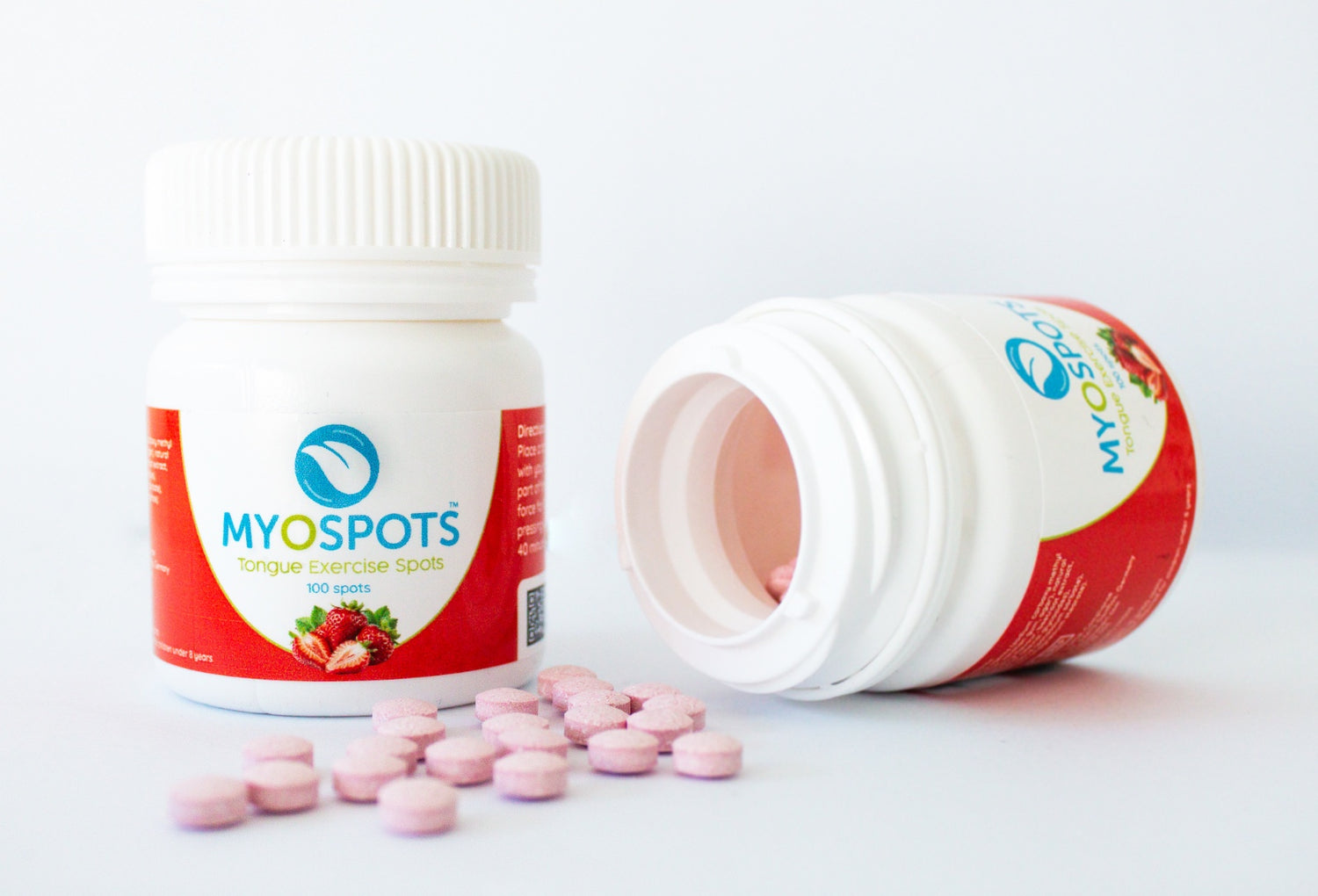Parenthood might bring days filled with tiny baby grunts, adorable stretches, and heartwarming smiles.
For new parents, Google quests for answers to all things baby-related are common. Some frequent questions that pop up relate to newborn breathing, like, ‘When do babies start breathing through their mouth?’ And ‘Can babies breathe through their mouth when congested?’
In this article, we'll dive into the common reasons for mouth breathing in little ones, highlight some tell-tale signs, and offer guidance on how to encourage healthy nose breathing habits for your child.
When do babies breathe through their mouths?
Interestingly, newborns primarily breathe through their noses, except when crying. This is because they don’t develop the reflex to breathe through their mouths until about 3 to 4 months of age.
However babies, like adults, may breathe through their mouths temporarily when they have stuffy noses from colds, allergies, or environmental irritants.
Here are some potential reasons babies and children might resort to breathing through their mouths:
- Jaw Shape- Ideally, your child's jaw should be U-shaped. This structure allows space for teeth to grow and align properly. In some cases, a child may have a smaller jaw, which could lead to overcrowding of teeth and misaligned bites plus possibly a high and narrow palate which may cause obstruction to the nasal passages.
- Snoring or Sleep Apnoea- In children, these sleep issues might signal a blocked upper airway, often due to enlarged adenoids or tonsils. Besides snoring, watch for coughing, breathing pauses, choking, or restlessness during sleep. These symptoms suggest difficulty maintaining a clear airway, possibly leading to mouth breathing as a fallback.
- Allergies- Nasal congestion resulting from allergies might make it harder for your little one to breathe through their nose and force them to mouth breath for easier airflow.
- Illnesses- A common cold or flu can leave your child with a stuffy or blocked nose. When their tiny nasal passages are overwhelmed, mouth breathing becomes more necessity, than choice. It's their body's way of ensuring they get enough air.
- Anatomical Challenges- Sometimes, the reason behind mouth breathing can be structural, like a deviated septum. This might obstruct airflow through the nose and push your child to breathe through their mouth for relief.
If your little one’s nasal passages are blocked, they might switch to mouth breathing as a backup option. This shift, if persistent, might progress into a habit.
If you've been following our Myospots blog for a while, you'll recognise that mouth breathing, is less efficient than nose breathing and it bypasses the natural filtration system of the nose, potentially exposing the body to bacteria and other irritants.
So, should you be concerned about baby mouth breathing? In short, yes.
Chronic long-term mouth breathing has been linked to some concerning health issues in children like behavioural issues, dental abnormalities, and slower growth. It's important to keep an eye on your baby's breathing patterns to ensure your little one is comfortable and to avoid the development of a mouth-breathing habit.
Spotting the signs of mouth breathing in your baby or child
If you’re worried that your baby may be mouth breathing there are a few signs to look out for, beyond the more obvious mouth breathing while awake or asleep. These include:
- Loud Snoring
- Snorting when crying
- Grinding teeth while asleep
- Concentration or behaviour problems
Treating a mouth-breathing baby
If your child regularly breathes through their mouth, the first step is to see your general practitioner or paediatrician. They'll work to determine the cause and may suggest appropriate interventions. Treatment strategies typically vary based on your child's age and the underlying cause of their mouth breathing.
Some common treatments to address mouth breathing in children include:
- Management of infection or allergy.
- Orthodontic care
- Surgical management of physical obstruction (i.e., Adenoidectomy, tonsillectomy, treatment of tongue tie or deviated septum).
- Tongue or breathing retraining to help teach your little one to breathe through their nose.
Please remember, if at any point you are concerned that your baby might be struggling to breathe, it's critical to consult a healthcare professional immediately. Signs of breathing difficulties in your little one may include a blue tint to their skin, a faster breathing rate, or their chest moving unusually while breathing. These signs warrant prompt medical attention.
How Myospots may help?
As parents, one of our greatest responsibilities is guiding our children towards developing healthy habits. Understanding and emphasizing the importance of healthy breathing patterns, from an early age, may help to protect your little one from the long-term health effects of mouth breathing.
As we’ve learned, while mouth breathing on occasion is natural, persistent or chronic mouth breathing warrants a visit to your doctor to find and address the cause.
For older children and adults who have developed a habit of mouth breathing, often a result of poor tongue posture, Myospots offers a practical solution.
Myospots are small, flavored pads, designed to stick to the roof of your mouth. They naturally guide your tongue to rest in the correct position, against the roof of your mouth. With your tongue positioned correctly, your mouth tends to close, encouraging nasal breathing.
Regularly practicing this exercise may help to retrain the tongue to maintain this position, promoting healthier breathing through the nose over time.
Check out our range of Myospots products to learn how they might help you or your older child to retrain your tongue to sit correctly so that you can experience the benefits of breathing through your nose.
Disclaimer
All information is general and is not intended to be a substitute for professional medical advice. Myospots can consult with you regarding your individual health needs.
References
- Australian Allergy Centre. (2017). Mouth breathing epidemic. And how this simple screening question for kids could prevent adverse effects on facial growth, health, academic performance and prevent behavioural issues, https://www.australianallergycentre.com.au/, [Accessed 8th January 2024]
- Baby Centre. (2023). Your Babies Breathing; What’s Normal and What’s Not. https://www.babycenter.com.au/a558559/your-babys-breathing-whats-normal-and-whats-not, [Accessed 10th January 2024]
- The Royal Children’s Hospital Melbourne. (2018). Obstructive Sleep Apnoea. https://www.rch.org.au/kidsinfo/fact_sheets/childhood_obstructive_sleep_apnoea_osa/, [Accessed 9th January 2024]
- Web MD. (2023). Children's Health Guide; What to Know About Mouth Breathing in Babies and Children. https://www.webmd.com/children/what-to-know-about-mouth-breathing-in-babies, [Accessed 9th January 2024].




